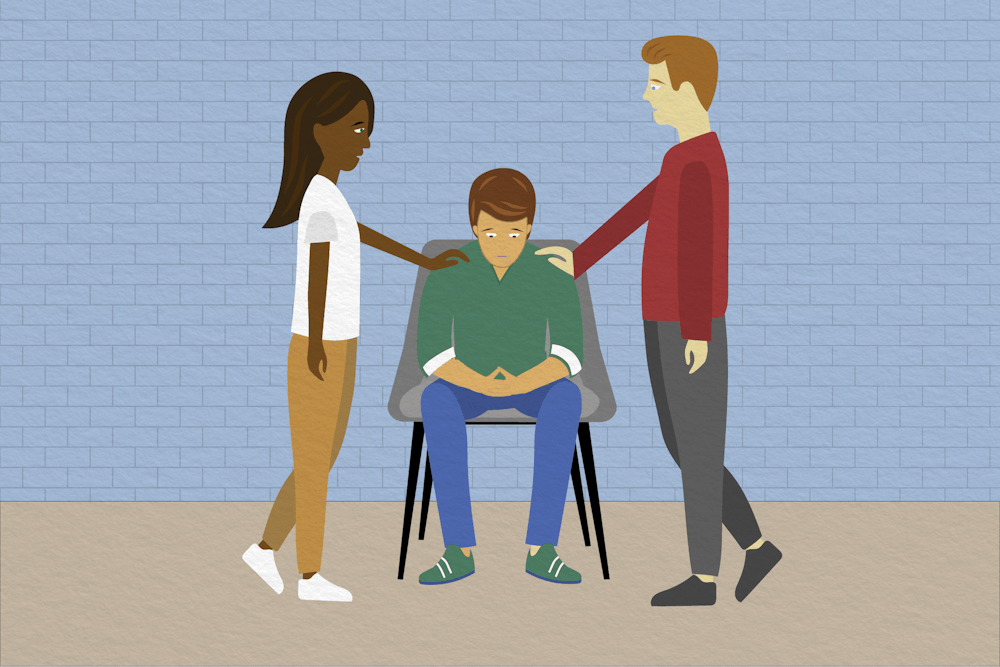Contemporary discussions of men’s mental health are often reminiscent of a game of chess. Two opponents sit across from one another levying their pawns against each other with a similar goal in mind — winning whatever debate has arisen and necessitated a discussion of men’s mental health. Except their pawns are statistics concerning real-life men, thrown around without much regard for their actual well-being.
Mental health, regardless of gender, is not a game, nor is it a debate. The usage of mental health as a political maneuver is becoming a genuine issue without any actual concern of those impacted by the problem itself.
In a recent article published by The Daily Tar Heel, the author writes that modern feminism should not cater to men’s mental health and that men themselves are responsible for galvanizing their own mental health movement.
I’m upset over many things written in the article, but I’m primarily upset over the failure to acknowledge the fact that there are already countless organizations and movements dedicated to supporting men suffering from mental health crises. Many of which are centered on groups like queer men and men of color. The article fails to consider that men have long-since created momentum regarding this mental health movement. Otherwise, we wouldn’t be talking about it.
The author writes that “male mental health crises are not systemic nor rooted in historical oppression.” Men are not a singular entity and discussing them as such is reductive. Their mental health issues can stem from a range of issues both related and unrelated to gender.
While I understand the author is attempting to assert that mental health issues facing men aren’t a direct result of gender oppression, it is still ignorant in regards to the intersectional identities in men. Men of color are most certainly victims of oppressive systems, as are other men like those in the LGBTQ+ community.
On top of this, while men are not victims of oppression based solely on their genders, they are still victims to barriers preventing quality mental health treatment. In fact, countless studies have shown that when men do seek treatment for mental illness their needs are frequently underestimated by professionals or their issues are overlooked because of their gender.
It is true there is a serious issue in certain cohorts of men weaponizing discussions of men and mental health to detract from feminist talking points, but it cannot be used to overgeneralize men and write off the validity of their issues.
More so, the article claims that men’s mental health issues cannot be compared to women fighting for basic rights, suggesting that the two are mutually exclusive. Positioning men’s mental health as something that is in direct conflict with feminism or progress in women’s rights is unproductive. Men should be allowed to openly discuss their mental health without fearing rebuttal or being told they are simply doing so in response to others.



